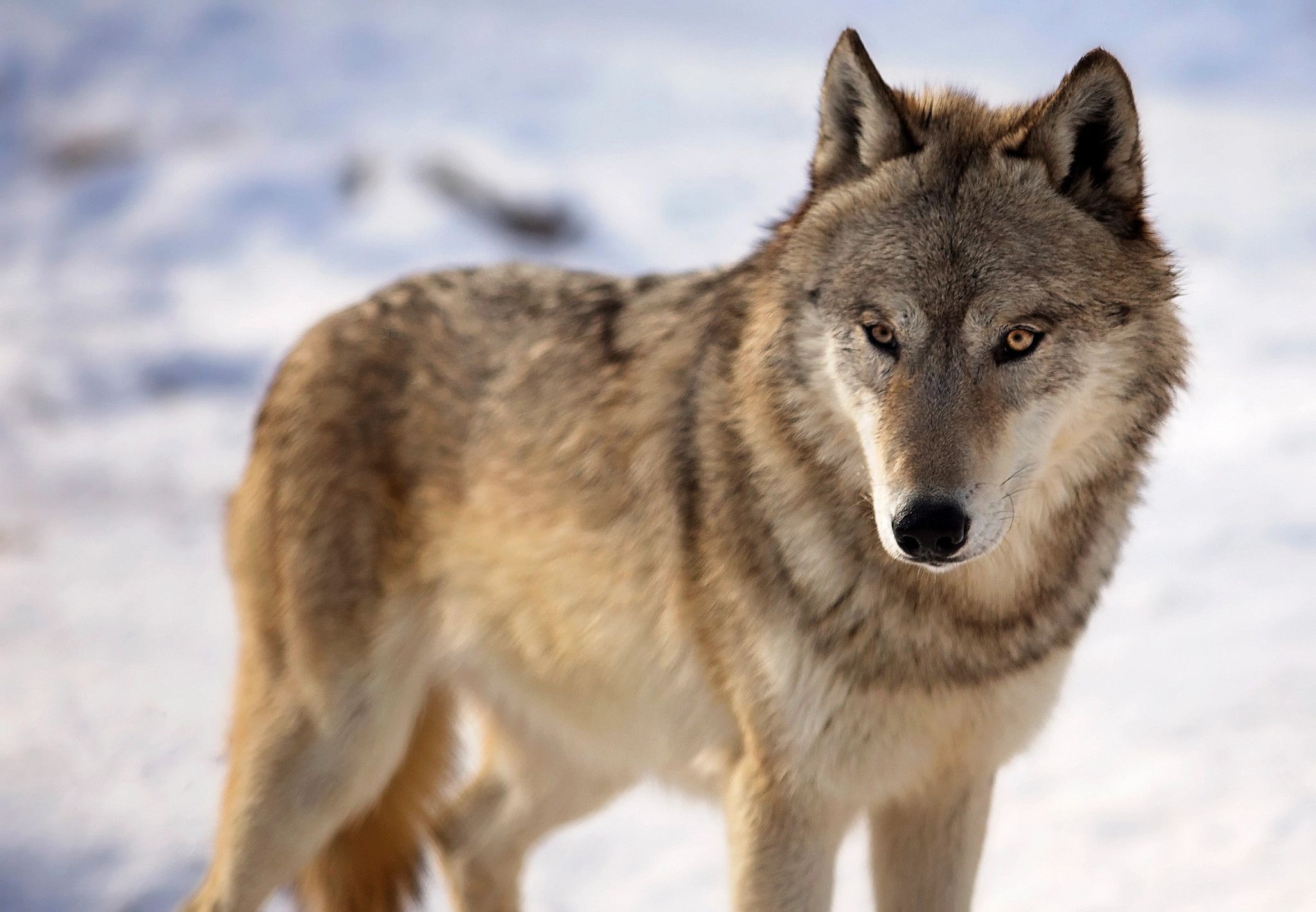A judge in California ruled yesterday that gray wolves should once again be protected by the Endangered Species Act. U.S. District Judge Jeffrey White in Oakland, California argued that the U.S. Fish and Wildlife Service had failed to show wolf populations could be sustained in the Midwest and portions of the West without protection under the Endangered Species Act, according to ABC News. The ruling does not directly impact wolves in the northern Rocky Mountains of Idaho, Montana and Wyoming and portions of several adjacent states. Those animals remain under state jurisdiction after federal protections in that region were lifted by Congress a decade ago.
There are more than 80,000 gray wolves in North America, and more than 20,000 in the U.S.
Deer & Deer Hunting Editor-in-Chief Dan Schmidt said in April, “This notion that the gray wolf is somehow sacred, prettier, more mysterious and more worthy than any other mammal in North America is ludicrous. The gray wolf is not endangered — it hasn’t been in more than 40 years — and, in fact, is now causing irreparable harm in Upper Great Lakes and Western states. We owe it to the species, the environment and all stakeholders to manage this resource no differently than we manage deer, elk, pronghorn, black bears and every other big-game animal in this country.”
Wisconsin held a wolf hunt in February 2021 after the DNR estimated there were 1,195 wolves in Wisconsin as of April 2020, at minimum. The DNR issued 4,000 permits with a recommended harvest quota of 200 wolves within the week-long hunting season. The quota was met within just 39 hours, which emphasizes that the population was much greater than expected. Going back to 1999, the Wisconsin DNR’s original management plan called for a population goal of 250 wolves. Population goals continue to shift as anti-hunting groups interfere with sound wildlife management.
Born in New York City, Judge White graduated from law school in 1970 and started off as a criminal attorney. He held a private practice in San Francisco from 1978 to 2002. He left that practice and was soon was elected to a seat on the United States District Court for the Northern District of California vacated by Charles A. Legge.


